When I owned the organic lifestyle store, Eclectrix, in White Rock, some years back, I always tried hard to explain that organic wool was unlike conventional wool. Conventional wool uses harsh chemicals to dissolve the hay and other matter in the fleece and of course, those chemicals remain in the wool . Sure, it is wonderful to have pristine, clean, soft yarn, but when heat and moisture from the body touch the wool, some folks find wool intolerable. Is it the wool? Or is it the chemical processing?
In the old store, Eclectrix, we sold wool felt and wool yarn. The felt was machine made, but organically processed. I find wool scratchy and irritating next to my skin, no matter how soft it is - that is conventional wool, but I can sleep naked (sorry for that image of the old carcass curled up that way) under the organic felt wool blanket and it is so soft and comforting without any irritation. You must try organic wool if you too are sensitive.
Wool regulates body temperature, wicks moisture away and can feel dry even if it is wet, does not harbour dust mites (for those with allergies), composts completely when its life cycle is complete and is a wonderful gift from the sheep. Years and years back, sheep shed their fleece annually, similar to many animals, but man selected those with lovely thick soft wool and bred them to shed later and later and then not at all. This means that modern sheep must be shorn, but primitive sheep, like Icelandics and Shetlands, will often shed their fleece, but not always. They too have the modern genes now.
I sleep on a woolen mattress pad under a wool filled duvet. The duvet is thin and still I am always warm enough, except in the dead of winter with the south wind blowing through my little old farm house. I wear felted wool too. Under my coveralls, I wear a felted wool vest or long jacket and in the house as well. There really is no other fibre like it. But the wool I wear comes from sheep in Saskatchewan that are raised eating grass only in unsprayed fields, just like my sheep are. When I learn to process the wool, I want to make these felted garments and even shoes and boots! The key for me, is that the sheep must be completely naturally raised and the wool naturally processed, NO chemicals!
Any wool that is too contaminated with hay gets used in the garden and for dog houses here. It makes the best tree wrap ever! My fruit trees are young, only planted since my arrival 6 years ago. I found wrapping them 2-3 feet up in several inches of fleece, keeps them from freezing in winter, but they can still breathe! Then I unwrap them and lay the wool on the ground to mulch it and retain the water. My hanging baskets are lined with wool too! It is the perfect material for that, strong, resilient, and helps keep moisture in. It is very slow to decompose as well, in situations like those. The dogs love sleeping on a bed of wool. They can be damp from the snow and curl up on the wool and feel warm in an instant.
I cannot say enough about wool. I use the grease, lanolin, in soap and creams I make too! I am grateful for my sheep and love them to bits. But, please, just a BIG word of caution about conventional wool and chemical processing. It is not good for the environment nor for you! And those lovely dyes, even my Kool Aid, I am certain and not good either. There are beautiful natural colours of sheep and white wool can be dyed naturally with a host of plant materials and different mordants. I hope you will consider not wearing plastic fleece, which has been found to drop tiny microfibres in each wash, and replace it with lovely organic wool. Thank EWE!

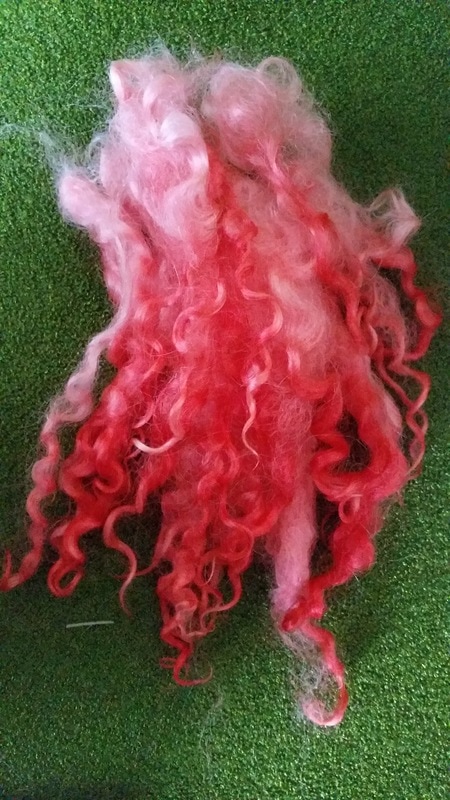
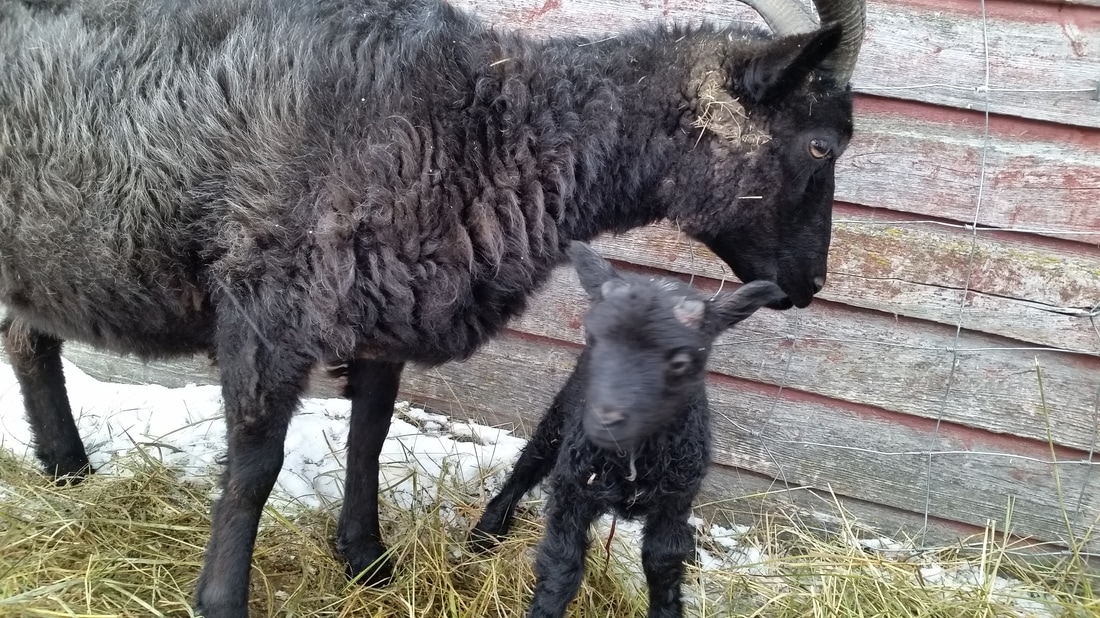
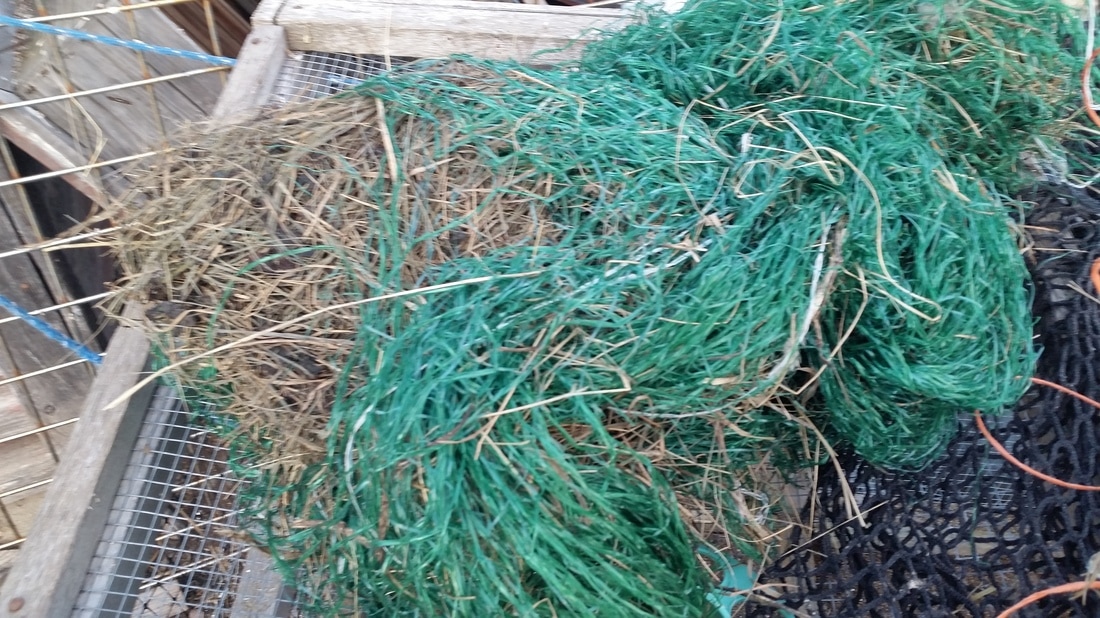
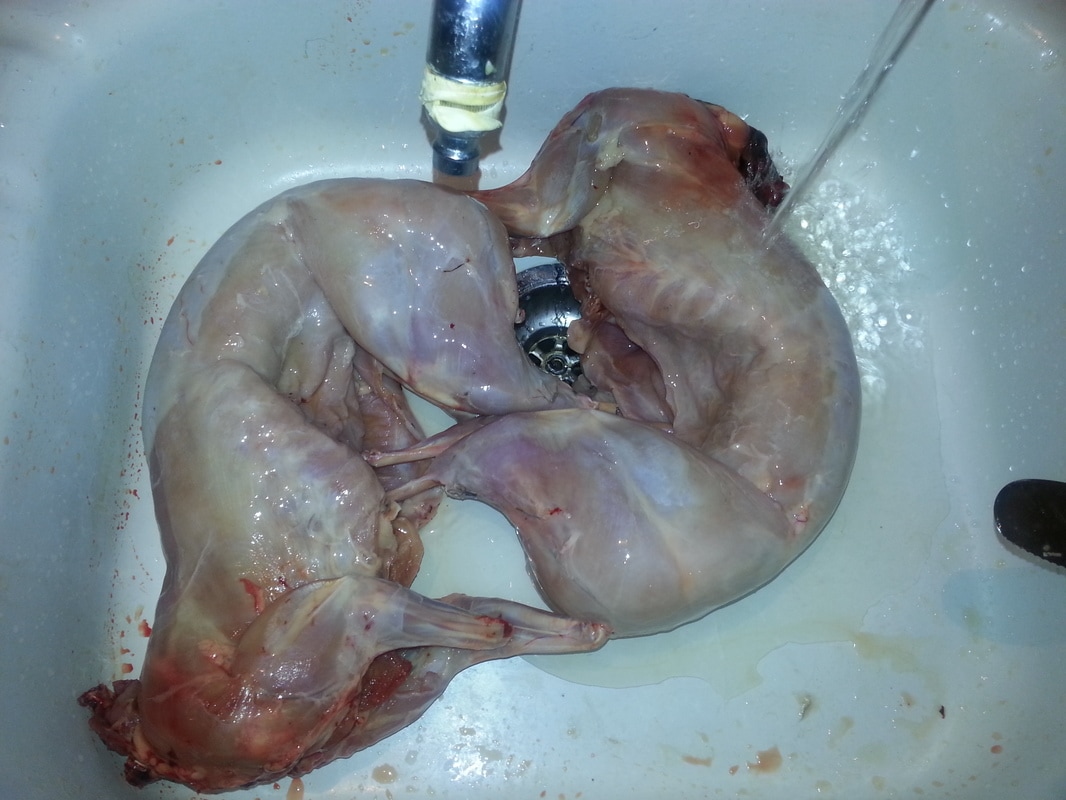
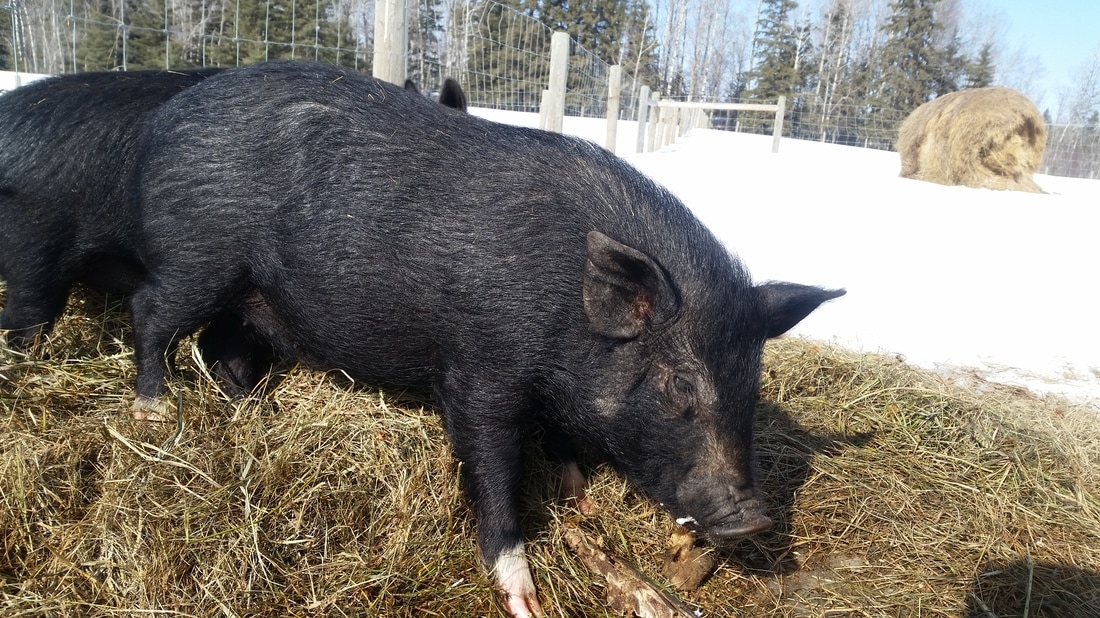
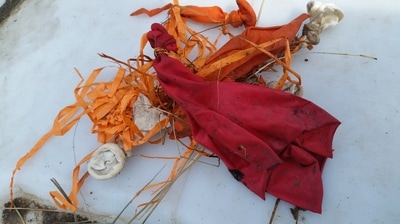
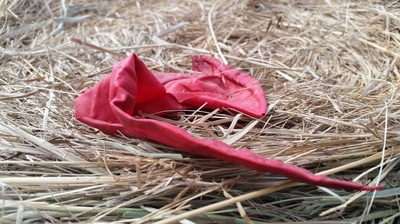
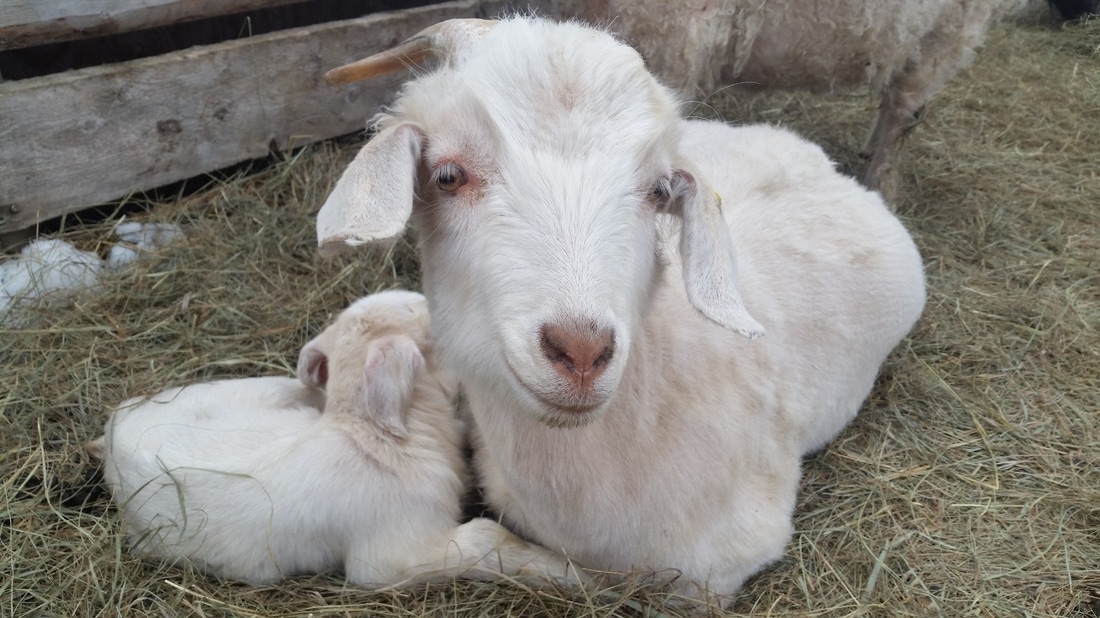
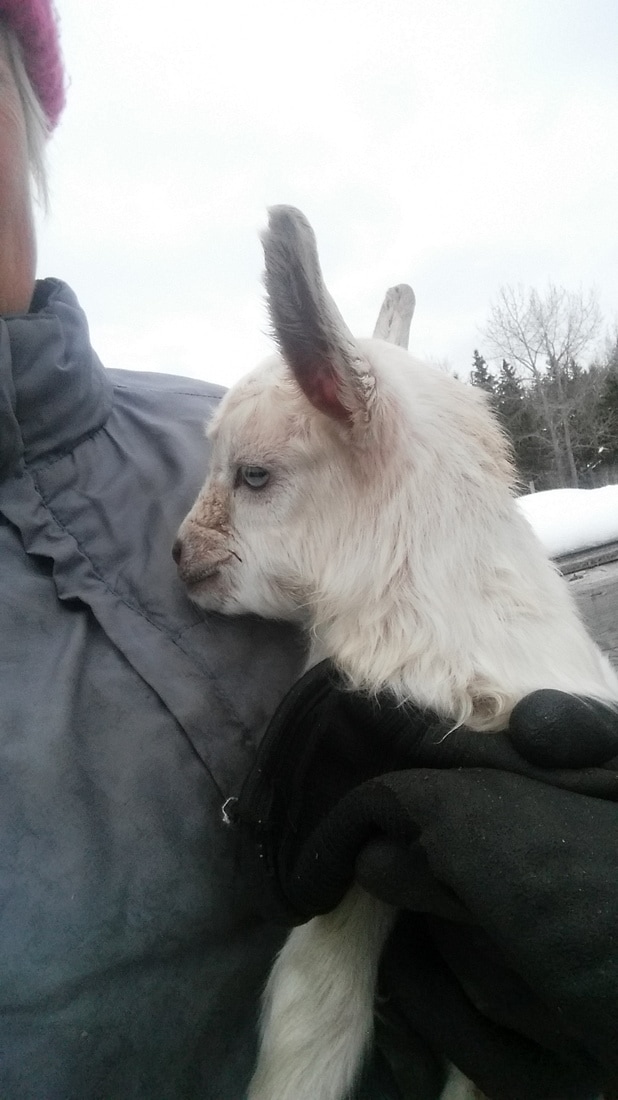
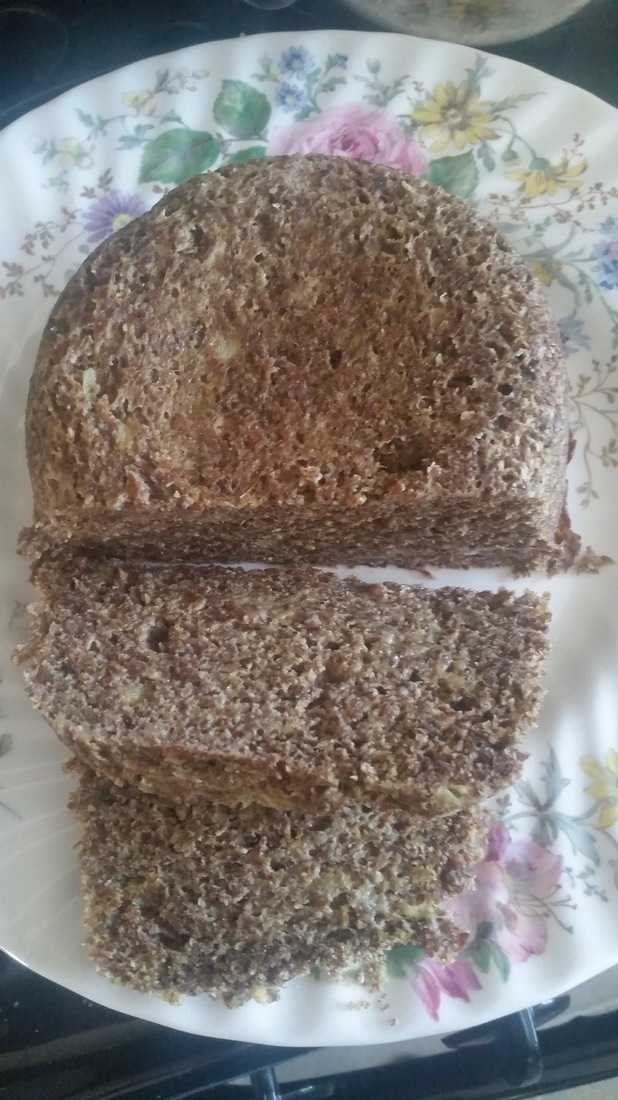

 RSS Feed
RSS Feed